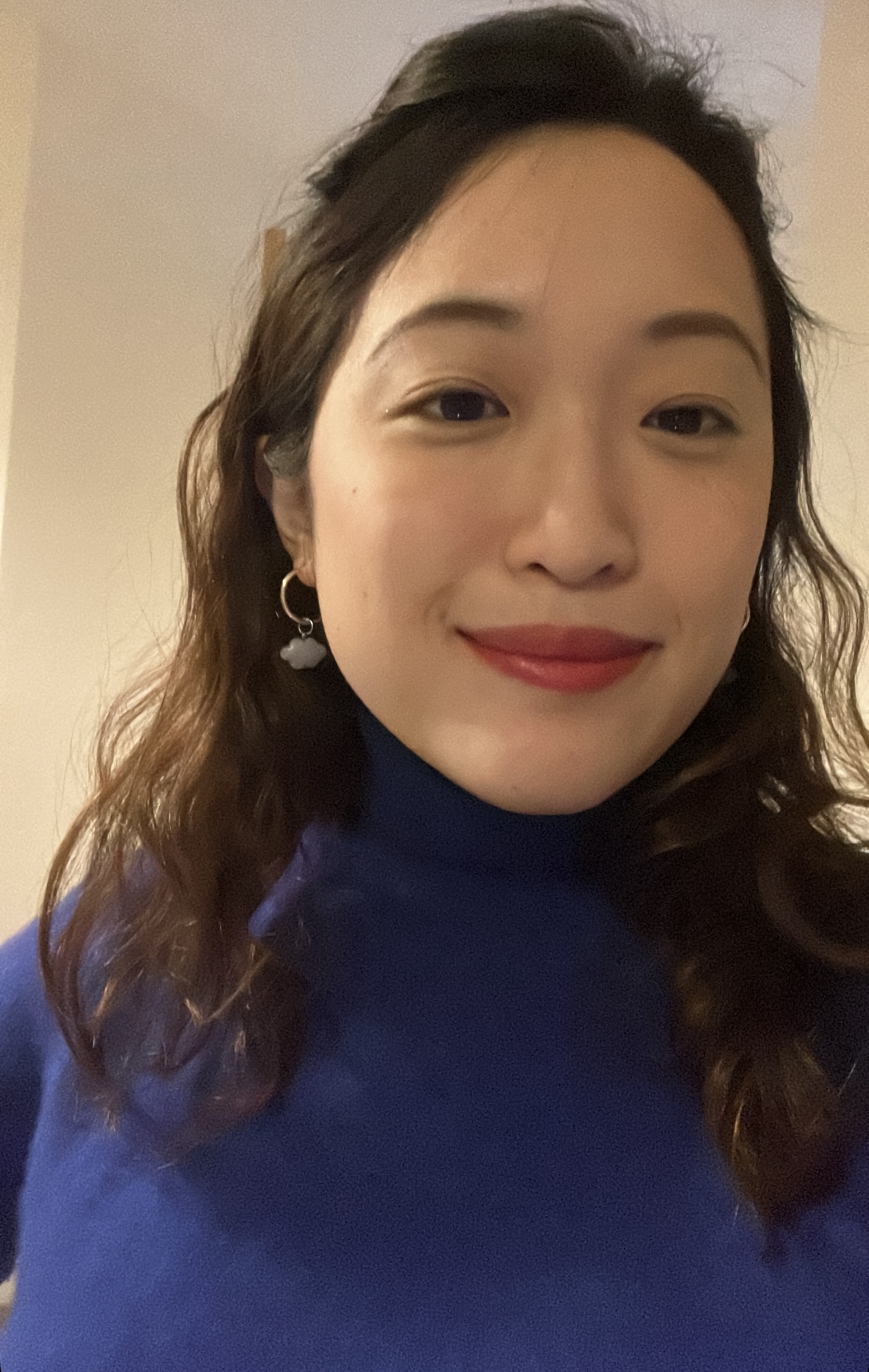Learning How to Learn Again by Shze-Hui Tjoa (Creative Nonfiction)

Something that it’s important to know about me—as background for this reflection—is that I grew up in a music conservatory in Singapore, training as a pianist for most of my childhood. I joined AWP’s Writer to Writer program because I was in the midst of writing a memoir about my years in this conservatory. But at the same time, the experience also became a formative context against which my relationship with my mentor, Lily Hoang, could develop and gain deeper meaning.
The conservatory where I grew up was the kind of place where teachers would physically or verbally coerce young musicians—doing things like placing thumbtacks on the piano keys to punish us for playing the wrong notes. As you might imagine, this instilled deep feelings of fear in me related to seeking creative guidance from other people. Even two decades later, after I had changed career paths from music to writing, it was difficult for me to conceive of any kind of mentorship experience involving equal and respectful human connection—an experience where a teacher might be able to make space for their mentee’s needs instead of forcing creative excellence out of them at all costs. In some ways, I think that I applied to this program precisely because I wanted to confront these fears in my own artistic life and challenge myself to grow. And I was so lucky that the program paired me with Lily.
Over the months, working with Lily restored my faith in what mentorship could be and do. I still remember the first time she critiqued my writing over Zoom; I froze up in fear and asked her, “What should I do with these notes you’re giving me?” I fully expected her to say that I was asking a ridiculous question and should, of course, implement the notes over the coming weeks. But instead, she said, “I can see that this scares you! So don’t do anything. Just put them to one side and don’t look at them until the end of this program or whenever you feel ready.” Lily explained how, in her experience, receiving feedback too soon or at the wrong time could kill the creative urge in writers. She said it was up to me how I took in her responses to my work and used them as a resource. It was a simple, kind, and sensitive gesture on her part! And it had a profound effect on me—releasing me into feelings of agency and control that I had never really experienced before as somebody’s student.
Throughout the program, Lily allowed me to go at my own pace and decide what progress looked like for me. Some weeks I had pages to show her for critique. Other weeks, I would say, “I don’t know why, but I feel like I can’t do this part of the memoir with you watching me.” Lily always received these feelings from me with an open heart; she never once made me feel deficient or bad for voicing them. By the end of the program, we had reached a place where I felt brave and confident enough to not only engage with her feedback but also generate fresh pages based on it. For the first time in two decades, I felt more inspired and excited about my creative work because of a mentor’s input —rather than cowed, afraid, or daunted. I knew that I could say yes, no, or “Hmm, I don’t know yet, but let me see” to Lily’s suggestions—retaining my own integrity as an artist while also engaging thoughtfully with her advice.
And learning this skill—of negotiating feedback from the outside—has proven useful in my professional life going forward! At the moment, I am at a stage in my writing journey where I will have to parse feedback from an agent as we revise my memoir together for submission to editors. Working with Lily prepared me to stand on my own two feet at this critical juncture. Working with her showed me what a wonderful thing it could be to have a mentor, or authority figure, in my writing life; she showed me that a mentor could be someone who genuinely cared for me and challenged me to grow on my own terms. Maybe one day in the future, I might even feel brave and comfortable enough to explore the role of teacher or mentor for myself—and if I ever get to that stage, it will be because of what I went through with Lily. So, thank you, Lily—and AWP too—for the gift of this experience!
Shze-Hui Tjoa

Shze-Hui Tjoa is a writer from Singapore, who lives in London. She spent the past four years working on her first book-length project: an allegorical memoir about overcoming the memory lapses of c-PTSD, and recovering personal identity. Her essays have been published in Colorado Review, Southeast Review, So To Speak, and elsewhere; two were listed as notable in The Best American Essays 2021 and 2022. Shze-Hui serves as the creative nonfiction editor of Sundog Lit, and the fiction editor of Exposition Review. Get in touch with her at www.tjoashzehui.com.

